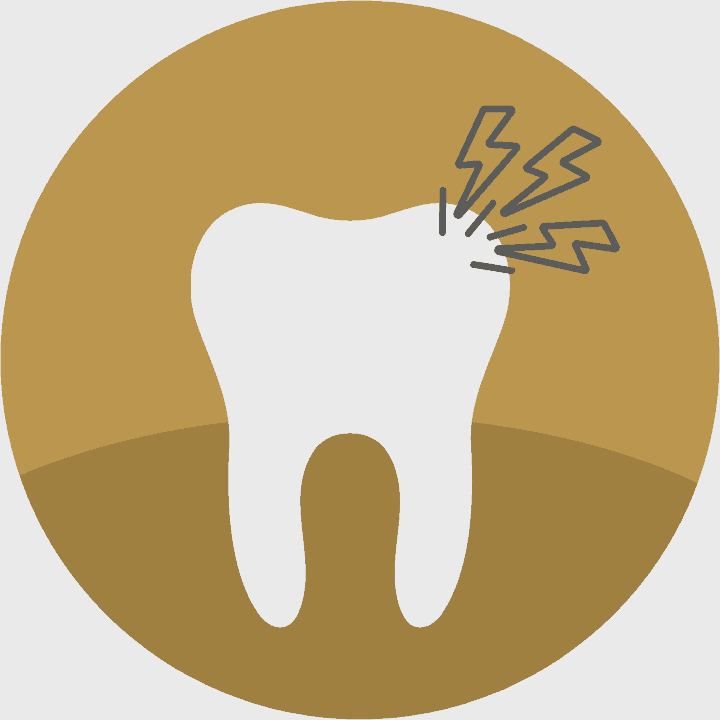If you are experiencing a dental emergency, please call our team. We will do our best to fit you in as soon as possible and provide the urgent care you need.
Call (07) 5588 3677 to speak urgently with our team.
Schedule a consult to secure an emergency appointment.
Emergency appointments available during clinic hours:
Please note: Emergency appointments are prioritised during open hours.
ArtSmiles is a Full-Service Dental Clinic in Southport on the Gold Coast. We provide a wide range of emergency dental services to our existing and new patients. We regard emergency appointments as an important facet of our regular services. Our front office staff ensure we have daily appointments available only for emergencies, so we can often see patients on short notice. Should you experience pain, discomfort or any type of dental trauma, do not delay to call us so we can arrange to see you as soon as possible.
We understand that dental emergencies are unsettling. Our team of emergency dentists moves quickly, while remaining thoughtful and compassionate, to help you feel supported from the moment you call.
At ArtSmiles, we aim to provide timely care for unexpected dental issues. Our Gold Coast clinic is equipped with modern technology to support a wide range of emergency treatments.
Call (07) 5588 3677 or book online to secure an emergency appointment.
Sometimes it can be difficult to determine how urgent an issue is, but receiving prompt care can make a difference to your comfort and outcome. If you’re experiencing any of the following concerns, please contact our Gold Coast emergency dentists:

While you’re waiting to see a dentist, a few simple steps can help keep you as comfortable as possible. Here’s what you can do in the meantime before receiving professional care:
In some situations, dental symptoms can be part of a more serious medical issue. If you are experiencing the following, please call 000 or visit your nearest hospital emergency department immediately.

Not all dental emergencies can be avoided. But you can reduce the likelihood of some with good daily habits:
Prevention is key. Taking care of your teeth day to day can stop pain, infection and unexpected dental emergencies.
Yes, emergency tooth removal might be necessary in certain situations.
Extraction may be recommended if:
At ArtSmiles, extraction is a last resort. We always assess whether the tooth can be saved, and discuss replacement options such as implants, bridges or dentures if removal is unavoidable.
Call our emergency dentists on (07) 5588 3677
If you’ve contacted our clinic, we’ll prioritise your visit. To manage pain at home while you’re waiting to see us:
You can also try a natural remedy for toothaches:
Dental Emergencies Are A Common Occurrence, And Are Usually Painful, Inconvenient And Always Occur At The Worst Time. At ArtSmiles we are here for you.
or call us on (07) 5588-3677